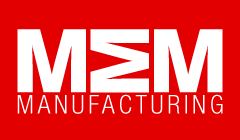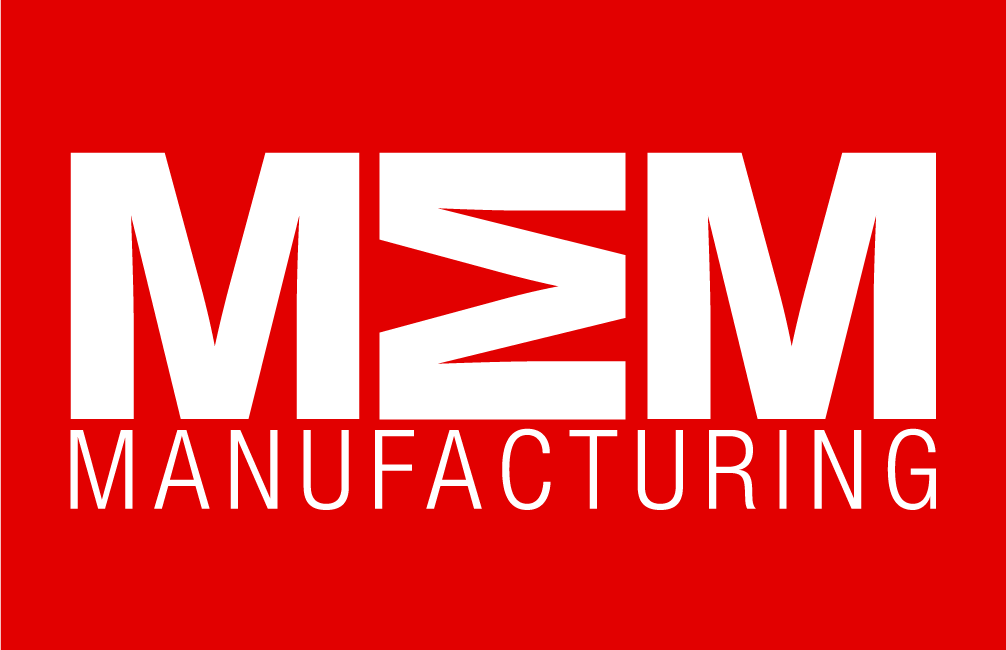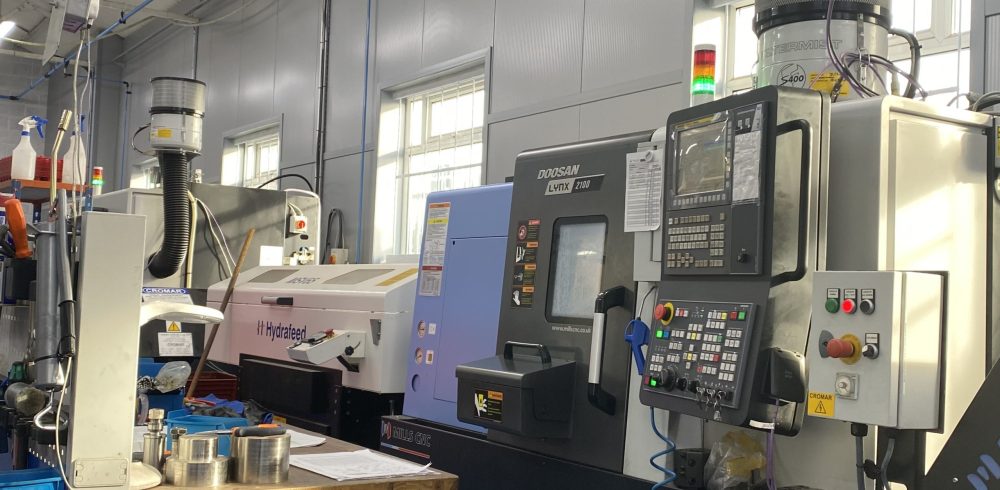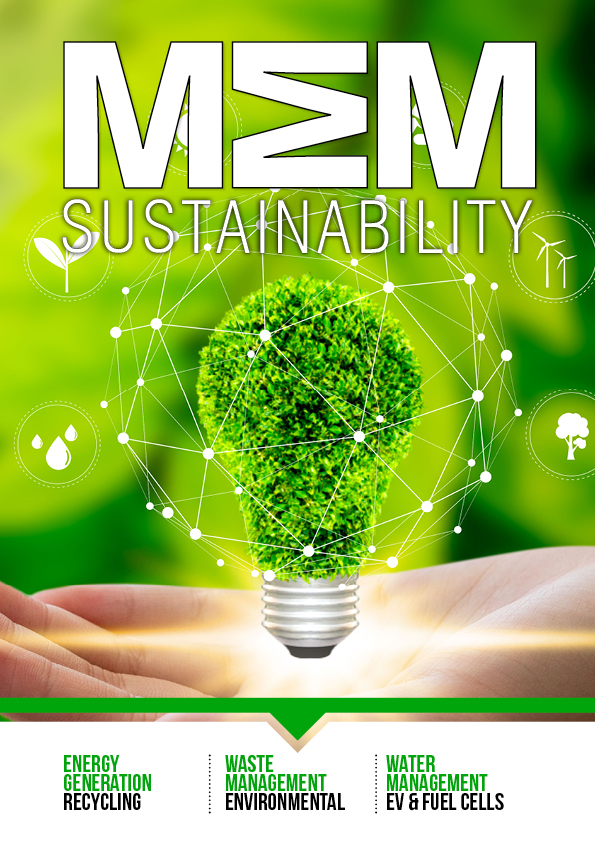A Midlands-based precision engineering business has successfully slashed its carbon emissions, saving 31 tonnes of CO2 over the course of three years.
Harris RCS is a precision engineering business supplying to customers in aerospace and other hi-tech sectors. The SME has used funding from the Coventry and Warwickshire Green Business Programme to significantly reduce its carbon footprint whilst boosting its bottom line. The programme helps businesses improve energy and resource efficiency and has been instrumental in helping Harris RCS drive its sustainability agenda.
Around one third of energy consumption is attributable to the manufacturing sector and by driving efficiencies, companies can become more competitive whilst helping the UK meet Net Zero 2050. Harris RCS has taken the initiative by making use of the Coventry and Warwickshire Green Business Programme to deliver £90,000-worth of carbon-cutting projects.
The programme began working with Harris RCS in 2018. The team carried out one-to-one diagnostics to identify opportunities and awarded the SME two grants of 30% and 40% to deliver six projects, the last of which was completed in February 2021.
According to The Carbon Trust, typically two thirds of the heat generated in a building is lost through the building fabric. Much of Harris RCS’ first £30,000 grant was spent on the construction of an internal wall to allow for better insulation and the replacement of all external doors with insulated alternatives. It also used some its second round of funding to install internal aluminium insulated cladding to external walls to help retain as much heat as possible.
As part of its first green improvement project, Harris RCS installed LED lighting throughout the premises, including several motion sensors. The amount of energy required has been drastically reduced, whilst the quality of light throughout the factory is much improved.
Compressed air is around eight times more expensive than electricity. Improving compression efficiency and reducing leakage can have a major impact both on utility bills and carbon emissions. The manufacturer took the opportunity to invest in a new air compressor and to replace all flexible air lines with aluminium pipes to prevent leakage.
The initial funding project, completed in September 2018, has already led to significant monetary and carbon savings. The company no longer needs to turn the heating on except in the depths of winter and driving down utility costs has a direct impact on profitability.
Harris RCS Managing Director, Graham Harris, said: “We are a manufacturing business operating in the aerospace sector but once we started talking to the Green Growth Programme, we understood that we can all play our part in reducing emissions and small changes can make a real difference.”
He added: “The changes have been widely welcomed by the workforce and have really improved the working environment. It’s not nearly as cold now in the winter and the lighting creates a far better aesthetic. It is a more pleasant place to work as well as a more sustainable one and we will keep exploring new ways of improving our environmental credentials.”
Harris RCS is now focusing its attention on persuading more of its supply chain to use returnable packaging. The manufacturer has already had a set of returnable packaging made to measure and is engaging with stakeholders from customers to tool suppliers to get on board. In addition, there are plans to become a paperless facility. Harris RCS intends to adapt machines and processes to ensure all information is stored in a digital form and hopes to receive support through the MTC (Manufacturing Technology Centre) and its Manufacturing Growth Programme.
Manufacturing & Engineering Magazine | The Home of Manufacturing Industry News















